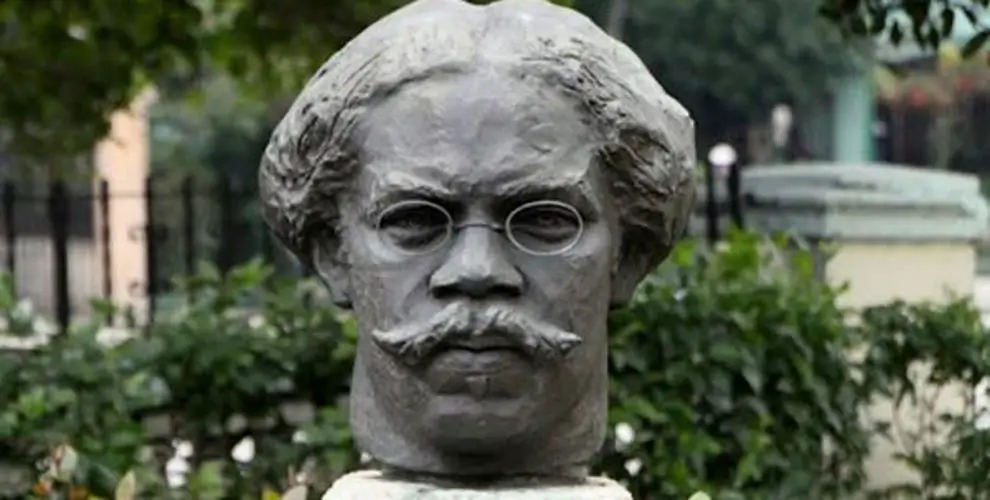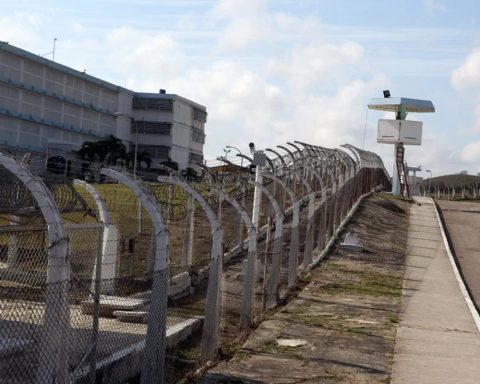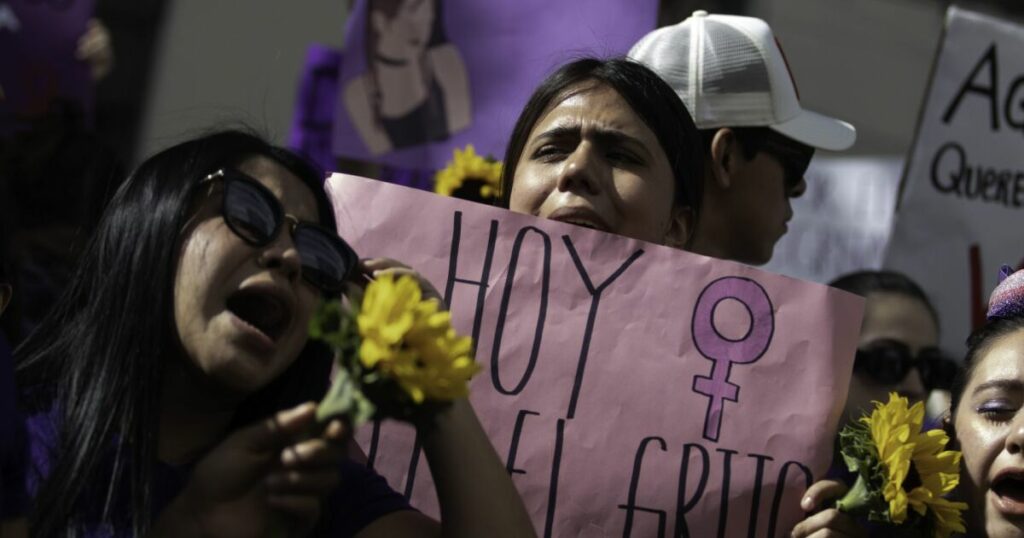HARRISONBURG, United States. — This March 5 marks the 90th anniversary of the death of Juan Gualberto Gómez, a friend and trusted man of José Martí.
He was born on July 12, 1854 at the “Golden Fleece” mill, in Sabanilla del Encomendador, located in the municipality that currently bears the name of the illustrious patriot in the province of Matanzas.
Although his parents were slaves, thanks to a law from the Spanish metropolis they were able to buy the freedom of Juan Gualberto before his birth, a fact that had special significance in his destiny, since it allowed him to learn to read and write.
Doña Catalina Gómez, owner of the mill where the patriot was born, was of great importance in the educational formation of Juan Gualberto, who supported the decision of his parents to remove him from Cuba in 1868 due to the unstable situation on the island after the outbreak of our first war for independence. Thanks to his financial support, Juan Gualberto’s parents were able to send him to France so that he could study the trade of carriage builder, one of the few of relative importance that Afro-descendants could practice.
A few months after settling in Paris, the lady herself accompanied Juan Gualberto’s parents on a trip from Cuba to the City of Light and, at the insistence of teacher Binder, to enroll the young man in the prestigious “Mungo School” to study engineering, continued to offer his support.
Unfortunately, in 1874 Juan Gualberto’s parents informed him that they could not continue financially supporting his stay in Paris and asked him to return to Cuba, but the young man decided to remain in Paris and opted to do some low-paid jobs to earn a living. That was how he began his journalistic career.
The subsequent link between Juan Gualberto Gómez and José Martí, whom he met in Havana, is well known, as well as the role he played in unleashing the Necessary War organized by the apostle of our independence and his subsequent arrest by the Spanish authorities.
For this reason we want to focus on the role played by Juan Gualberto Gómez in favor of the civil and political rights of Cubans of African descent, more than sixty years before that fight began in the United States of America.
The specter of the black “danger” was cleverly raised by the Spanish colonialist authorities to try to divide the revolutionary forces.
José Martí was in charge of denouncing this stratagem on several occasions and the apostle’s thinking was clearly linked with that of Juan Gualberto Gómez, who stood out as a journalist and political activist in favor of Cubans of African descent.
In 1879 he founded the newspaper “La Fraternidad” and worked as a teacher in the “El Siglo XIX” society, created to educate black Cubans. A few months later, his work as head of the newspaper was interrupted for supporting the insurrectional plans of the time, which is why he was sentenced to prison and sent to Ceuta, where he was imprisoned.
Favored by an amnesty, he remained in exile until 1890, the year of his return to Cuba and which marks the restart of the publication of “La Fraternidad”, but his work in favor of the independence of Cuba once again caused his arrest and the sending to prison for eight months.
When he was released from prison, he resumed his journalistic work in favor of racial integration and the rights of Cubans of African descent, an action that made him the recipient of the admiration and sympathy of that community, which saw in him an exemplary reference for his position in defense of the most disadvantaged sector of the population at the time.
From the newspaper “La Hermandad”, Juan Gualberto Gómez made public the letters that his black readers sent him, where they exposed their problems and the injustices to which they were subjected. In that newspaper he went so far as to affirm that it was not enough to have abolished slavery by means of a law if prejudice and discrimination on racial grounds were not abolished.
In 1892 he founded the Directory of Color Societies in order to promote the educational and intellectual progress of blacks and mestizos and to fight against racial discrimination. He continued to do this work until the failed Ibarra uprising took place, in the province of Matanzas, where he was taken prisoner and sentenced to 20 years in prison, as mentioned above.
With the advent of the republic, he occupied a prominent place in the national political debate by actively opposing the Platt Amendment and political and administrative corruption. From that position, he ardently defended the claims of the members of the Committee of Veterans and Association of the Colored Race, an organization made up of ex-officers and black and mestizo soldiers of the Liberation Army.
However, he opposed the formation of the Colored Independents Party, an organization created on the basis of an exclusive racial principle.
He was a representative during the years 1914-1917 and a senator from 1917 to 1925.
His voice and his political prestige could never be bought, which is why he died poor despite being one of the most prominent politicians of his time.
Loyal to his friend José Martí, Juan Gualberto Gómez lived convinced that being a man is much more than being white, black or mulatto. That other thought of Martí’s was also surely rooted in his blood: “In this world there is only one inferior race, that of those who consult their own interest above all else; and a superior race, that of those who consult human interest above all else”.
Undoubtedly, Juan Gualberto Gómez was always on the side of just causes, those that illuminate that human interest.
OPINION ARTICLE
The opinions expressed in this article are the sole responsibility of the person who issues them and do not necessarily represent the opinion of CubaNet.

















